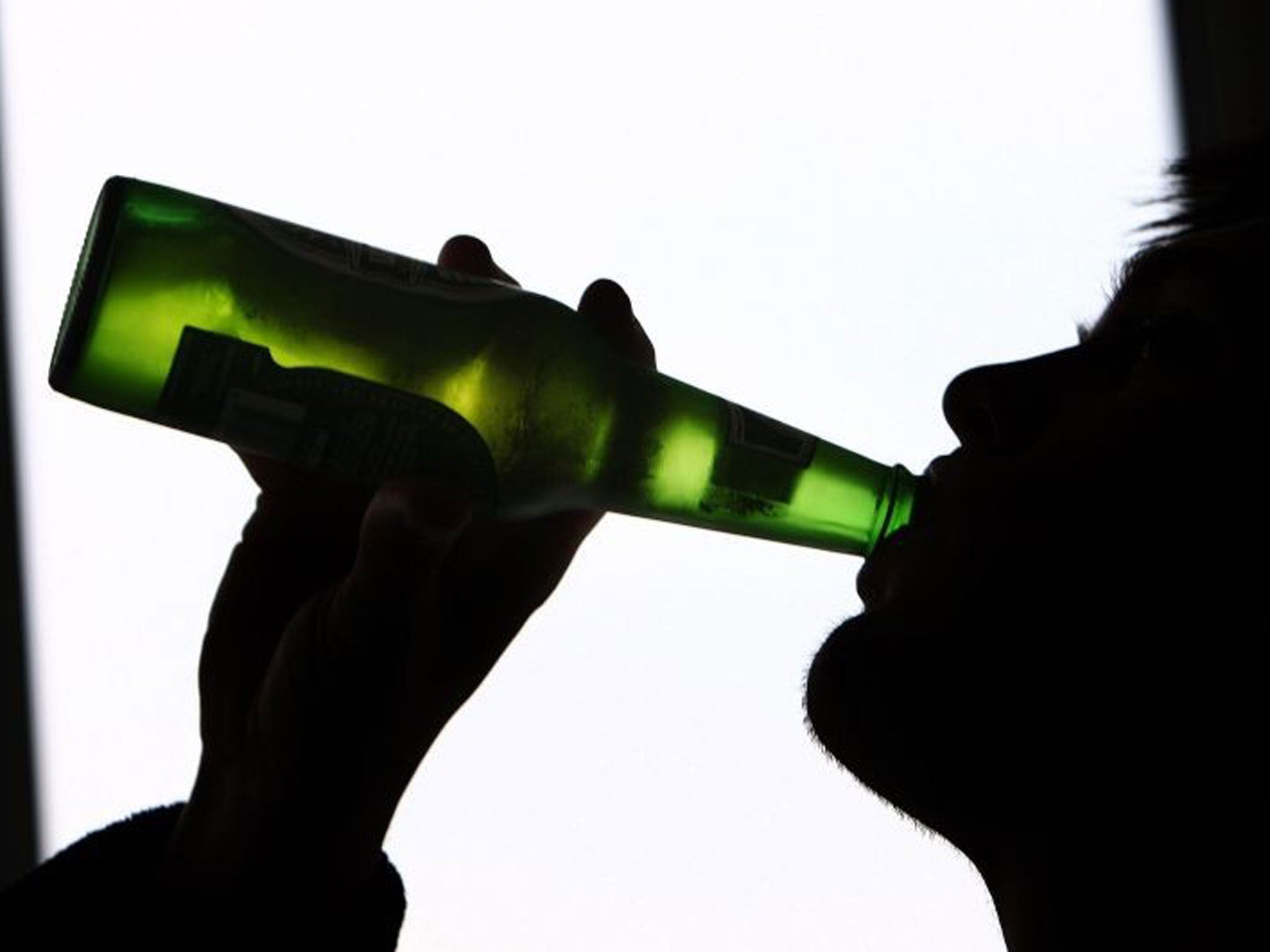One in eight children aged 10 to 12 have seen pictures on social media of their friends drunk
Charity Drinkaware calls for parents to speak to even young children about the risks of alcohol consumption

Your support helps us to tell the story
From reproductive rights to climate change to Big Tech, The Independent is on the ground when the story is developing. Whether it's investigating the financials of Elon Musk's pro-Trump PAC or producing our latest documentary, 'The A Word', which shines a light on the American women fighting for reproductive rights, we know how important it is to parse out the facts from the messaging.
At such a critical moment in US history, we need reporters on the ground. Your donation allows us to keep sending journalists to speak to both sides of the story.
The Independent is trusted by Americans across the entire political spectrum. And unlike many other quality news outlets, we choose not to lock Americans out of our reporting and analysis with paywalls. We believe quality journalism should be available to everyone, paid for by those who can afford it.
Your support makes all the difference.A charity has called for parents to be more open about talking to pre-teen children about alcohol consumption after research suggested as many as 13 per cent of those aged 10 to 12 have seen pictures of their friends drunk.
The problem has in part been put down to social media, which charity Drinkaware says is contributing to the “normalisation” of images of drunkenness.
Almost four in 10 children aged 10 to 17 said they had seen online pictures of drunk friends, and nearly a fifth of those in that age group said all or most of their friends drink alcohol.
The research, carried out by Ipsos Mori and commissioned by Drinkaware, also indicated that 7 per cent of 10 and 11-year-olds have been encouraged to drink by someone their age or even younger – a figure which rises to 37 per cent for those aged 15 to 17.
The results of the poll of more than 700 people aged 10 to 17 show that it is vital for parents to feel confident discussing alcohol consumption even with young children, the charity said.
Anne Foster, director of marketing and communications at Drinkaware, said: “Children as young as 10 are seeing drunkenness normalised through images - whether this is online, in the media or through their own experiences.
”Undoubtedly, friends are influential in shaping the way young people think about alcohol, but just as influential are parents, who can provide support and advice to help children cope with these pressures.
“Our research shows that most children will go to their parents first for information and advice about alcohol.
”While that is reassuring for parents to know, it also shows how important it is that parents feel confident and well prepared to have those conversations.“
Eileen Hayes, MBE, patron of Parenting UK, told Channel 4 News: ”Our children might reassure us that they aren't interested in going out to get drunk, but we all know that, faced with a difficult situation, the reality can turn out differently.
“This is especially so for a generation growing up with pictures of their friends getting drunk on social media sites. This is why it's so important that we talk to our children about how to make good decisions about alcohol and avoid doing things when drunk that can come back to haunt them online.
”What might appear funny or clever when drunk can feel silly and embarrassing in the cold light of day.“
Join our commenting forum
Join thought-provoking conversations, follow other Independent readers and see their replies
Comments